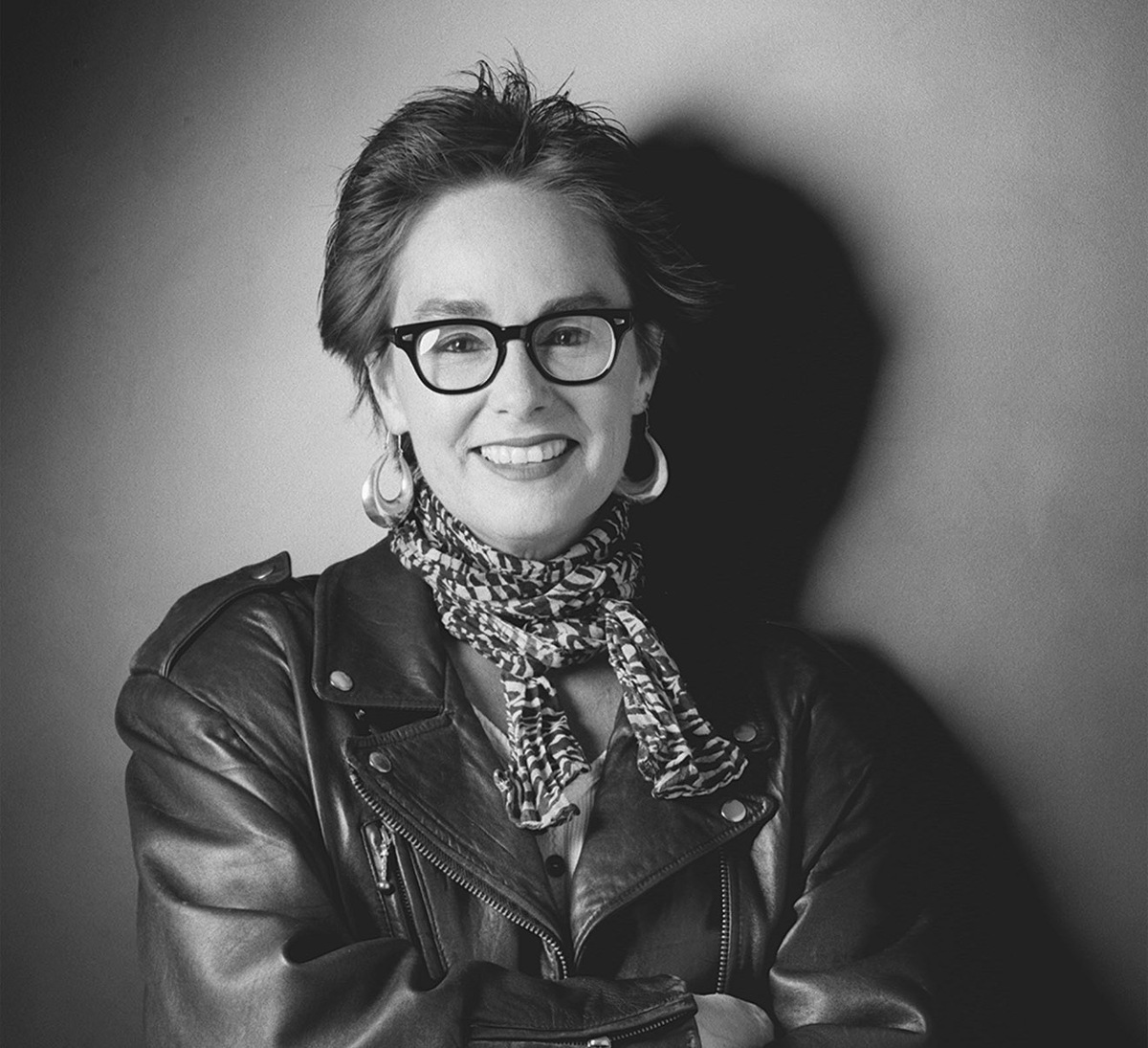
Editor’s Note: Judy Irola, producer, director, cinematographer and educator, died February 22 due to complications from COVID-19. Irola was a pioneer—only the third female member of the American Society of Cinematographers, she launched her career in the late ‘60s, in San Francisco at KQED-TV’s documentary film unit. Over the next few decades, as one of the few women working behind the camera in indie filmmaking, she shot over 50 features and documentaries. Her first feature, Northern Lights, won the Camera d’Or prize at the Cannes Film Festival in 1979. In 1993 An Ambush of Ghosts garnered her the Cinematography Award, Dramatic Competition, at the Sundance Film Festival. She produced and directed her first doc, Cine Manifest, in 2006, in which she tracks down her comrades from the 1970s San Francisco-based film collective of the same name (she was the only woman in Cine Manifest.). Her second documentary, Niger ’66: A Peace Corps Diary, revisits her two-year stint with the Peace Corps in Niger in the mid-‘60s. Irola was renowned as a teacher at the USC School of Cinematic Arts, where she held the Conrad Hall Chair in Cinematography.
We were fortunate that one of her longtime sisters in cinema, Joan Churchill, penned and delivered this tribute.
When I first met Judy Irola, she was already a legend, having shot Northern Lights, a breakaway independent feature with stunning black-and-white photography, widely seen and subsequently awarded the Caméra d’ Or at Cannes in 1979.
Judy, Sandi Sissel and I all shared an enormous loft on Greene and Grand in the early days of SoHo, in 1978. It was owned by documentary filmmaker Deborah Shaffer and her partner, architect Larry Bogdanow. They lived above us.
I was based in the UK, but because PBS was reluctant to show Tattooed Tears, a film interlaced with expletives and shot in a prison, I moved into the loft with them in NYC so as to be at the heartbeat of where it mattered and have screenings to gather together signatures to press my case.
Judy and I were both shooting little films for SNL. Sandi was working for Geraldo. Judy and Sandi had worked on Deborah’s film, The Wobblies. Those were heady days. We were part of a very small group of women shooters—literally, you could count us on one hand. We were tight-knit and very supportive of one another, often working together on films by and about women where we would fill in on whatever job needed to be done—shooters becoming gaffers or ACs. It was incredibly empowering and such fun.
Judy was far more political than any of us. She became my mentor in all things union. She got me into Local 659—no mean feat in those days. She suggested talking points when I was up for membership consideration at the ASC and came along for support. I found an old email from her: “Just be thyself.”
I remember when I was to speak on the occasion of accepting a Women in Film Award (which Judy had already received); she advised me to speak about equal compensation for women working in the industry. It was a glamorous Hollywood affair and Judy came to support me at our table of documentarians. We stuck out like sore thumbs in that gala gathering.
When she moved into teaching, Judy became the head of cinematography at USC School of Cinematic Arts, where she mentored many students, but she championed her female students. Her mission in life was to foster and support women to pursue careers behind the camera. In her own words, “What’s important is my vision—how I look at the image. It’s an artistic rendering. Women can do it just as well as men, or better.”
Judy Irola was a trailblazer. She will be missed.
Joan Churchill won the 2005 IDA Award for Outstanding Documentary Achievement in Cinematography.




